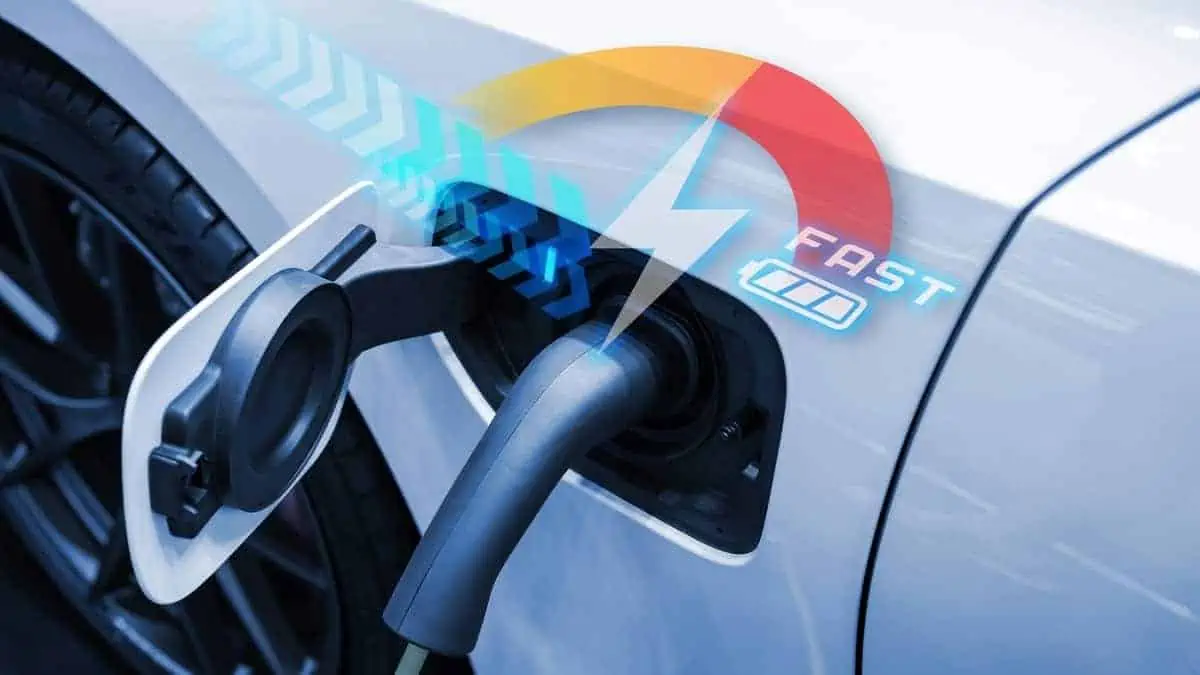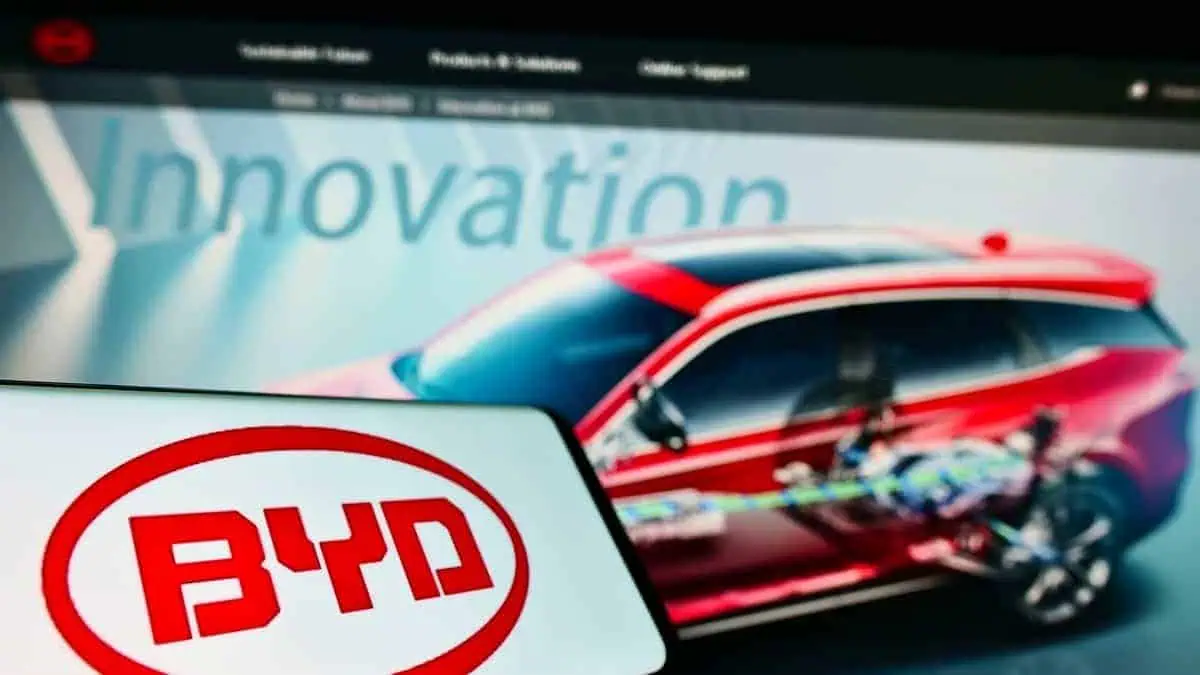Electric vehicle sales in some European countries remain weak as customers still prefer the more affordable internal combustion engine (ICE) vehicles, experts reportedly said.
The International Energy Agency revealed that the region’s EV sales had already increased tenfold from 2017.
However, the progress is notably sluggish to achieve the set climate targets. This weak sales performance is primarily due to the EV’s expensiveness, which discourages most buyers.
In response, analysts suggest that the government must accelerate and intensify its electrification strategy.
“What we have learned is that it’s not enough just to incentivise electric vehicle purchase and ownership. You also have to disincentivise the purchase of conventional cars at the same time.”
Julia Poliscanova, Transport and Environment Analyst
EU’s climate targets
The European Union aims to mitigate global warming by 65% from its 1990 levels by 2030 and achieve carbon neutrality by 2045.
The EU has taken major steps to reduce C02 emissions in its energy through industry by deploying wind turbines and closing coal plants to achieve these targets.
Despite these efforts, carbon emissions from the transportation industry continued to increase. That said, the EU aims to cut vehicle emissions by 55% from 2021 highs by 2030 and 0% by 2035.
Unfortunately, customers are often dissuaded by the high cost of ownership of clean vehicles. In response, European countries provided financial subsidies for EV purchases.
Clean energy vehicle incentives
The European Automobile Manufacturers’ Association (ACEA) indicated that 21 out of the 27 EU member states already launched tax breaks for clean energy cars. On the other hand, 20 countries give money to directly aid the customers’ purchases.
Romania provides a maximum EV incentive of €11,500. Meanwhile, Belgian company vehicles account for most of the country’s new car sales.
On the other hand, Italy and Spain aid the deployment of the necessary charging infrastructures.
France provides customers with a purchase bonus of €5,000. Additionally, it excludes EVs from the country’s weight-based penalties. It also previously disclosed that it will launch a social leasing program to aid “those who need it most” in renting EVs for only €100 monthly.
However, proponent President Emmanuel Macron has yet to finalize the ideal approaches to implementing the said program. Nonetheless, it has already urged France-based automakers to produce compact and cheap EV models.
“It’s not perfect, but what the French are doing is really going in the right direction.”
Julia Poliscanova, Transport and Environment Analyst
On the other hand, the German Government reduces EV subsidies as it cannot support the growing number of buyers anymore.
“It’s not sustainable to put out subsidies as high as we did in the past and it’s also not socially fair because everyone in Germany – every taxpayer – pays for this transition, even if they don’t have a car.”
Christian Hochfeld, Agora Verkehrswende Head
Moreover, Germany excludes EVs from its vehicle ownership taxes. However, it also does not tax car purchases. That said, Hochfeld suggests that the government must also tax non-electric vehicle purchases and incentivize EVs.
“Why should a nurse pay for the electric vehicle of a dentist … who’s able to buy a big SUV with subsidies? That’s not fair. But if the lawyer buying a combustion engine car would pay for the dentist who buys an electric vehicle? I would say that’s OK.”
Christian Hochfeld, Agora Verkehrswende Head
The ACEA also noted that only seven EU member states incentivize charging infrastructure projects.
See Also:
- Tesla achieves more balanced monthly sales in Europe, caution urged to avoid misinterpretation
- Europe: Plug-in car sales nearly hit the 200,000 mark in April 2023
- Tesla relaunches famous referral program in Europe to boost Q1 sales
- Volkswagen increases European BEV sales goal to 80% in 2030
- Europe: All-electric vehicle sales accounted for 10% of new car sales in January
All that said, these struggling European countries must get some inspiration from “EV eutopia” Norway. Remarkably, its EVs account for 9 in every 10 new car sales owing to the government’s immediate action that started in the 1990s. It has also been offering tax exemptions and free parking, among others.






